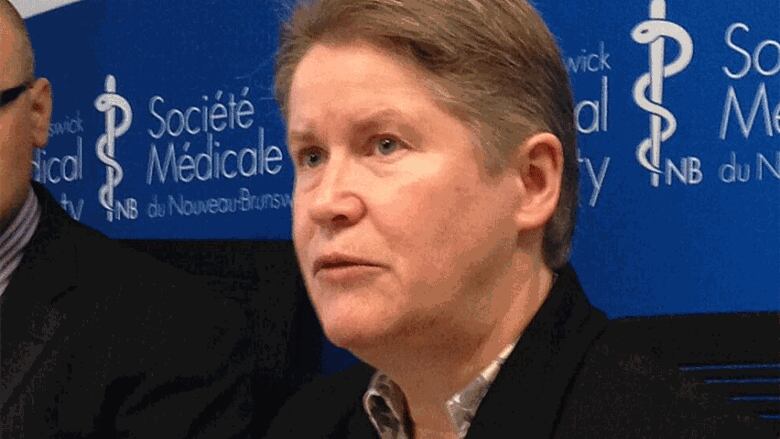E-record subsidy offered to New Brunswick doctors again
New deadline to sign up for provincial electronic medical records program is March 31
Fee-for-service doctors in New Brunswick are being offered a second chance to sign up for the provincial electronic medical records program.

In addition, doctors who paid for their own electronic records system before the provincial program was established are being offered a subsidy under a new Early Adopters Program to switch over, said Hansen.
The computer program, which is designed to help doctors provide care to patients by digitizing their files, including medical histories and prescriptions, costs about $24,000 to implement.
Under the latest agreement, up to 100 fee-for-service doctors can sign up for the electronic medical records (EMR) program by making a one-time payment of $4,000 and ongoing monthly fees.
Could save health system $6M
The Medical Society says if enough doctors eventually sign up for EMR , it could save the health system $6 million through reduced duplicate testing, fewer missed appointments, less time spent on administration and other productivity improvements.
The previous deadline to apply with a government subsidy was March 21, 2014.
As of late February, only 240 doctors had signed up.
Hansen says more than 350 are now enrolled and 90 of them are already using the program.
About 950 doctors are eligible.
The original goal was to have 500 doctors signed up by Dec. 31, 2013.
By the end of this year, Hansen expects 125 doctors will have the program up and running in their offices, digitally managing the medical records of tens of thousands of New Brunswickers.
The e-record program will allow doctors to spend more time with patients by reducing the time spent managing and searching through paper charts, Hansen has said.
The New Brunswick Medical Society and the private IT firm Accreon set up a company called Velante to run the new software. Velante then contracted another company, New Zealand's Intrahealth, to build the system.
Two reviews of an earlier phase — the component for hospitals and the health department — found unauthorized extra spending and conflicts of interests among consultants working on the program.